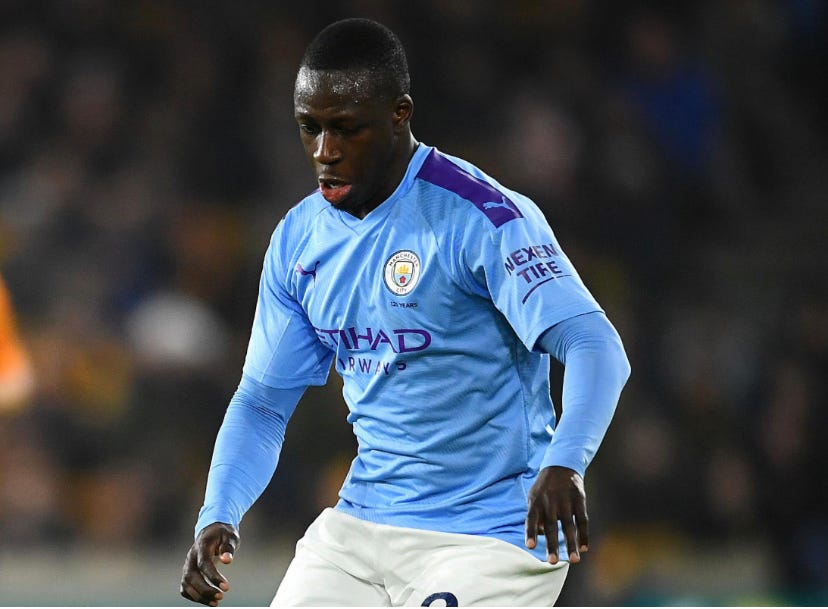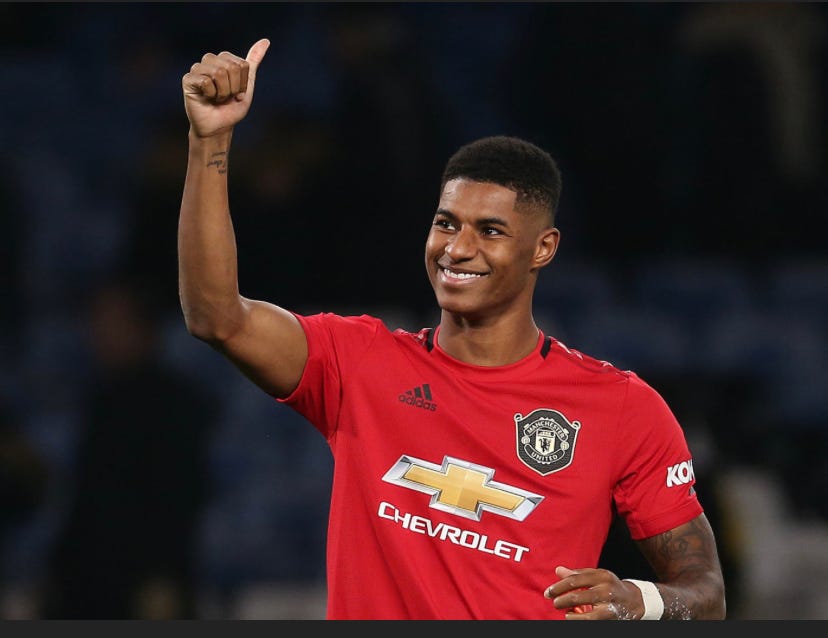Alongside multiple allegations of rape, in the last 12 months, the world of elite football has given us horrendous stories about blood sports, cat kicking and drug dealing. Accounts of sex parties, domestic violence and addiction have become almost routine. What’s going wrong?
Most recently, Benjamin Mendy, once the world’s most expensive defender, admitted to illegal lockdown parties, driving under the influence of alcohol and having sex with several women in one evening who were swapped around among his friends like objects.
Described as “callous” and “morally dubious” by Mendy’s own barrister, Eleanor Laws KC, it is hard not to feel horrified. We can all be shocked and appalled. But simply leaving it at that misses something vital. Just how do superstars who are feted for their talent and enjoy wealth beyond their wildest imaginings, find themselves behaving so abusively? Is it just gross irresponsibility on their part or should the sport itself shoulder some of the blame?
Before it becomes an epidemic, we need to deal with it. There is a solution, but it takes courage and imagination to apply it. And it requires the whole footballing industry to accept there’s a problem and look for the right expertise for solutions.
Can bubble wrapped teenagers mature?
Why are we so surprised that some footballers behave like delinquents?
Put aside their prodigious, often precocious, talent. Just like the rest of us, elite footballers once were teenagers. Some still are. And despite the magic their talent delivers, for them, like all teenagers, navigating adolescence is a tricky business, fraught with pitfalls.
Teenagers naturally turn away from parental figures and look to their peers. They are figuring out their place in society – who they are and how they belong. Crucially, they’re learning how much sway they hold. It’s a time when many youngsters flirt with trouble.
Teenagers push at the boundaries of others to understand their own influence and power. They’re figuring out how far they can go. Simultaneously, they try to work out how well they can protect themselves from those with more power.
Whoever we are, learning we can protect ourselves from harmful words and behaviour is essential to self-worth and our ability to form healthy relationships with others. The aspirational carrot of a career in professional football might mean the would-be pro footballer doesn’t feel able to assert their own boundaries against people who have the influence to make or break their career. So, they’re vulnerable to bullying or abuse. In some clubs, “tough love” is expected to harden the player up to cope with failure; in reality, all it does is make them less able to feel.
Teenagers are impulsive. Firm boundaries help them master pacing themselves and making rational decisions. Bubble-wrapped, with all major decisions taken away from them; what to eat, where to be when, what to do, how do young players learn to take control of their own lives? The athlete who is a budding star will inevitably find themselves more indulged than the average teenager. Delight in the player’s performance on the pitch risks replacing genuine pride in the emerging young man. But it may also stop the boy from growing up.
More role models, less fallen stars
Clubs genuinely try to look after their young stars. We see the fantastic results when things go well; the dream-makers, the fund-raisers, the champions of social justice using their visibility to the greater good and shining a spotlight on inequality and need. These are the heroes we adore.
But there are others who are failed. They too make headlines, but of the wrong kind.
I’ve worked in another closed sector and know that reluctance to learn from other areas thwarts people in reaching their true potential. And sometimes this causes harm. In the closed shop of football, emotional support is too often provided by industry insiders. Is this preventing some youngsters destined for stardom from having a deeper understanding of themselves and growing up?
The issue here is how clubs really ‘care’. When things go wrong, it’s tempting for football clubs to put the club’s reputation ahead of the need for genuine ‘care’ of the player. And to prioritise knowledge of sport over expertise in mental health. Where what constitutes care – a listening ear - is provided by club insiders, the risk is that players won’t open up about what really troubles them for fear it will negatively impact their career. Which means the possibility of getting the right sort of help comes way too late for them. And sometimes for those around them.
I’ve seen what happens when a closed and cliquey industry is brave enough to open up to outsiders. How people viewed as ‘problematic’ were given fresh solutions and were able to heal and grow as a result. If football wants even more people to be proud of, and less to be ashamed of, it needs the courage to seek expert help for those who seem unable to grow up.




Powerful argument for the cross-fertilisation of expertise and ideas across different spheres. The football industry needs to look beyond itself , especially in relation to the psychological well-being of its players, if it is to take its responsibilities seriously. One thing is for sure - there is no shortage of money to address the issue, perhaps just the lack of will to do do so. If only the wealthiest premiership clubs would take a genuine lead here and follow Naomi's sound advice.